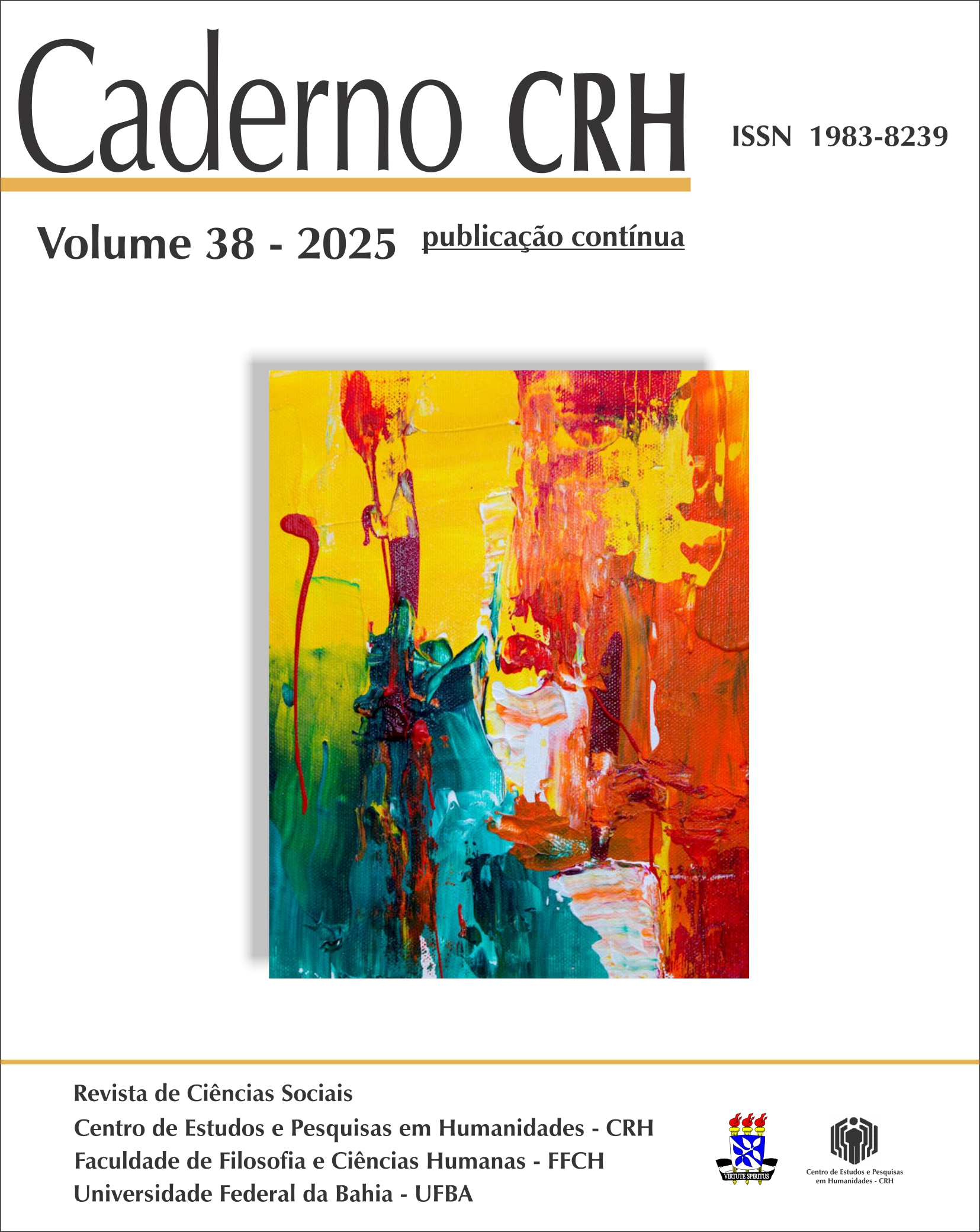THE NEOLIBERAL TRANSFORMATION OF THE UNIVERSITY AND ITS RELATIONS WITH THE CAPITALIST EPISTEM
DOI:
https://doi.org/10.9771/ccrh.v38i0.65098Keywords:
Knowledge, University, Neoliberalism, Capitalist EpistemeAbstract
We are increasingly aware of the logicofcom modificationof public universities and education in general. This neoliberal transformation of higher education is essentially based on competition between public and private institutions, but also between public institutions. It operates at all levels, regionally, nationally and internationally. It has multiple effects, notably on the “governance” of universities and even on the conduct of students and teachers. This transformation is global, and concerns structures, modes of regulation and practices at the same time. For a long time, little understood the or etically, because it wascarried out through partial reforms and mutations, it responds to a coherent paradigm, which can only be understood by reconstructing its genesis and coherence. This article aims to define and expose the major articulations of the capitalist episteme, that is, the original conception of knowledge and truth that accompanies the development of capitalism, from utilitarianism to the ideology of the brain-machine, including theories of knowledge-information and human capital. Without understanding this paradigm, it will be difficult to oppose it with na alternative paradigma that is more egalitarian and more respectful of truth values.
Downloads
References
AGHION, P.; HOWITT, P.L’économie de la croissance. [s.l.]: Economica, 2010.
BEAUVALLET, M.Les stratégies absurdes, Comment faire pire en croyant faire mieux, [s.l.]:Le Seuil, 2009.
BOLDRIN, M.; LEVINE, D. K.Against Intellectual Monopoly. [s.l.]:Cambridge University Press, 2008.
BOYLE, J.The Public Domain, Enclosing the Commons of the Mind. [s.l.]: Yale University Press, 2008.
BRUNO, I.; CLEMENT, P.; LAVAL, C.La grande mutation,Néolibéralisme et éducation en Europe. [s.l.]: Syllepse, 2010.
CASSIER, M. ; FORAY, D. Économie de la connaissance: le rôle des consortiums de haute technologie dans la production d’un bien public.Économie et prévision, [s.l.], n. 150, 2001.
D’ALEMBERT, J. R. Discours préliminaire à l’Encyclopédie. Paris : Briasson ; David l’aîné; Le Breton ; Durand, 1751. p. 47.
DIDEROT, D. Encyclopédie, ou Dictionnaire raisonné des sciences, des arts et des métiers. Tome II. Paris: Briasson; David l’aîné; Le Breton; Durand, 1751.
FORAY, D. Science, technologie et marché. In: UNESCO. Les sciences sociales dans le monde. [s.l.]: Unesco-Éditions de la Maison des sciences de l’homme, 2001. p. 284.
FORAY, D.L’économie de la connaissance. [s.l.]: Repères; La Découverte, 2000.
GINGRAS, Y. Les dérives de l’évaluation de la recherche, Du bon usage de la bibliométrie. [s.l.]: Raisond’agir, 2014. p. 102-103.
HAYEK, F. A. The Use of Knowledge in Society. The American Economic Review, [s.l.], v. 35, n. 4, p. 519-530, 1945.
MARX Karl, Le Capital, Livre I. [s.l.]: Quadrige PUF, 2014.
MERTON, R. K.The Sociology of Science. [s.l.]: The University of Chicago Press, 1973.
MUNIESA F.; CALLON, M. La performativité des sciences économiques. In:STEINER,P.; VATIN, F.Traité de sociologieéconomique. [s.l.]: PUF, 2009.
POWER, M.La société de l’audit, l’obsession de contrôle. [s.l.]: La Découverte, 2005.
Downloads
Published
How to Cite
Issue
Section
License

This work is licensed under a Creative Commons Attribution 4.0 International License.
Todo o conteúdo da revista, exceto onde indicado de outra forma, é licenciado sob uma atribuição do tipo Creative Commons BY.
O periódico Caderno CRH on-line é aberto e gratuito.





